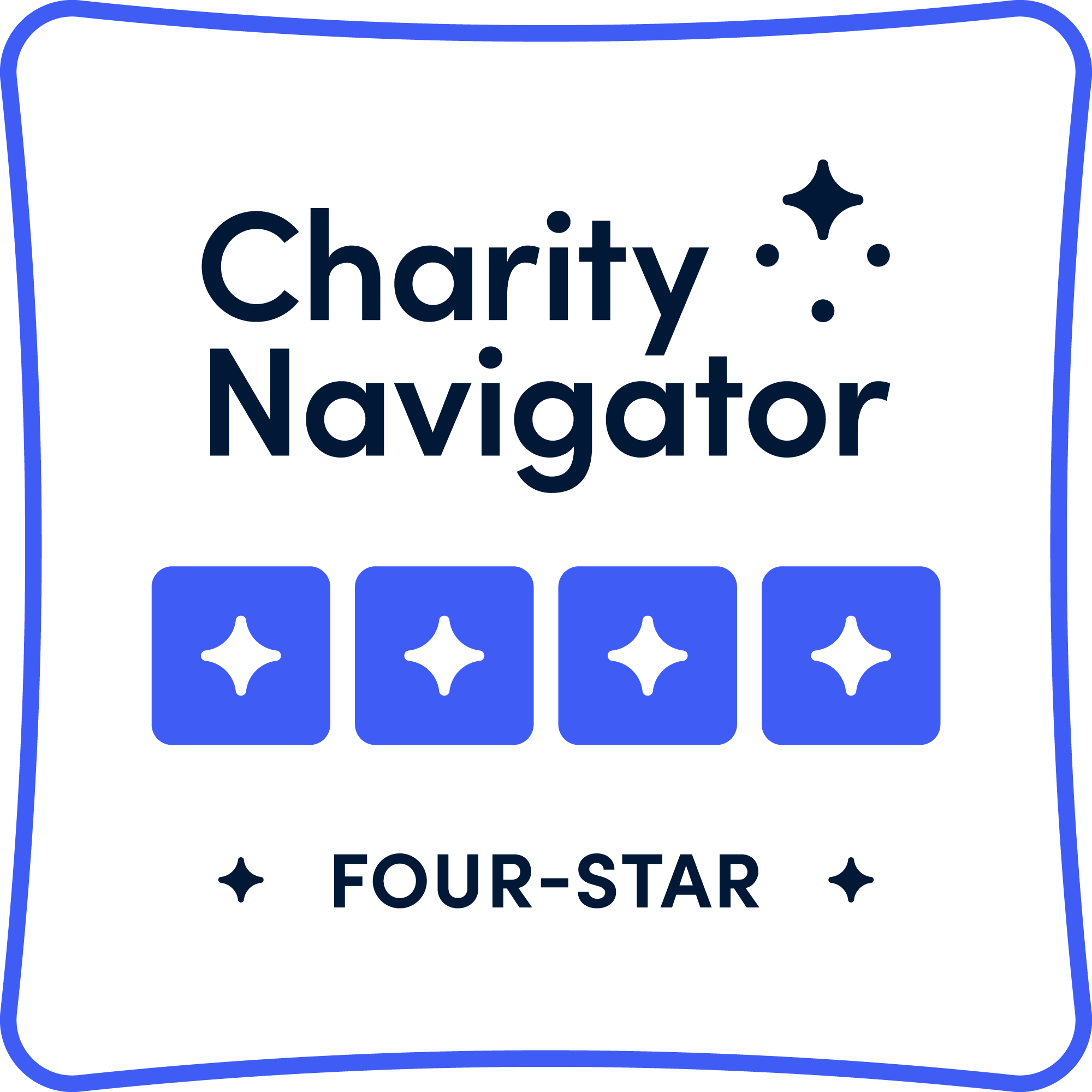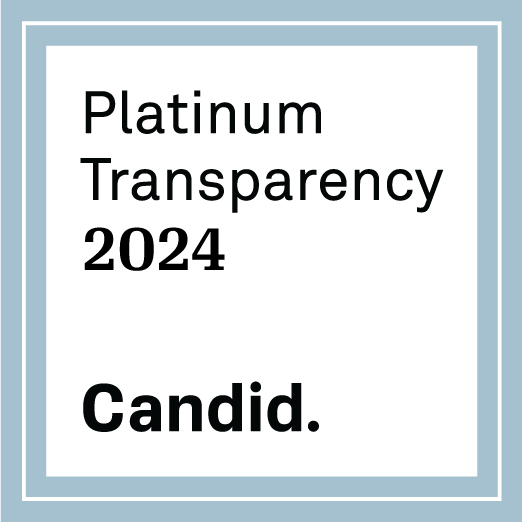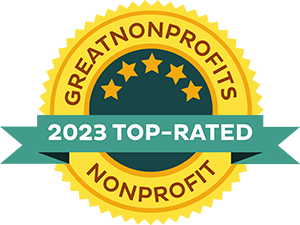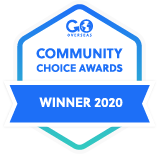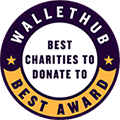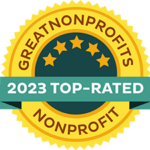FAQs About our SHEA Process
Why are accounts being banned on social media channels?
In the interest of healthy and safe conversations online, we block social media accounts that violate our social media guidelines. Violations committed to date include, but are not limited to: abusive language; personal attacks or references to individuals; disclosing confidential information; and commenting on topics that survivors explicitly asked us not to discuss.
The second reason we ban these accounts is because they drown out the voices of other people raising concerns about our work, thus hindering the learning, growth and improvement that comes from valuable insight from our online communities.
Why have you referred to false or ‘burner’ accounts?
Please know that amid the legitimate voices speaking up on social media, there is a clear, concerted and coordinated effort by a number of ‘burner’ accounts to circulate disinformation, posing as normal Facebook users.
The disinformation tactics often feature one user posting an original post, converting that post into a screenshot, and then pasting that screenshot under another name in an effort to drive up engagement and to crowd out other voices. This tactic has been effective to the point of tricking many normal users in our community that they are interacting with a legitimate account, when they are actually interacting with an account that exists to promote disinformation.
We strongly encourage you to visit the homepages of commenters before engaging to verify, lest you be drawn into a conversation with someone posing as a false identity.
What actions does the organization go through when an SHEA incident is reported? What happens to the accused if found guilty?
Upon learning of any accusation of sexual assault or harassment, we immediately follow our formal Sexual Harassment Exploitation Abuse (SHEA) process and conduct a confidential investigation.
After a thorough investigation, supported by outside experts when necessary, we take full disciplinary action in line with our policies including and up to permanent termination.
We support survivors in reporting to relevant authorities if they wish to take legal action.
What are your views on alcohol consumption on program and how do you think it impacts the occurrence of these situations?
We recognize the damaging role that alcohol consumption plays in society at large, as well as its presence in many sexual assault or harassment incidents globally.
Alcohol consumption is a challenge addressed explicitly in our code-of-conduct, which is signed by each person who joins our programs. We have taken steps to shift alcohol away from being a part of our volunteering culture, while seeking a balance that respects individual choice. Persons found to be drinking excessively (to the point of inebriation), or underage, face disciplinary action.
We face a challenge in enforcing those policies when people are off base and on breaks. While our duty of care does not cover time off, we recognize this as a key risk factor. We will explore this in conversations with our community of volunteers and staff to learn how best we can manage this unique risk that alcohol presents within our community.
How have you improved in the way that you support survivors?
We never want anybody to suffer any harm in our work, and this drives our commitment to continuously learning, growing and taking action as an organization.
We are working hard to improve the support we provide to survivors, reflecting that in the past we have tended toward a formal, legalistic response. Much as we must respond professionally, we must also respond with care and in a personally supportive manner. The most important steps we have taken so far to improve survivor support include:
- Independent review. We contracted an independent, field-leading expert body to review our sexual abuse and harassment policies, systems and training. Their findings have informed a number of steps we have and will continue to take to improve survivor support
- Senior Staffing. We created a Director of Wellbeing role and hired our new CEO, who brings a wealth of combined experience and expertise in the fields of trauma-informed care, safeguarding, values-based leadership, and volunteer management, all with a view to learning from historic incidents and committing to continuous improvement in our support to survivors.
Additional steps that will be taken before the end of December:
- Upgrading our sexual harassment, exploitation and abuse (SHEA) policies
- Upgrading our SHEA and misconduct training for volunteers and staff
- Creating a community-complaints mechanism so that community members can raise concerns
- Developing a safeguarding policy, building on our SHEA policies for a more holistic approach
- Developing training for front-line staff likely to receive reports, allegations or complaints to ensure they are supportive at the first stage (likely to complete Q1 of 2022)
Will your staff on program be able to deal with these types of incidents professionally moving forward?
We recognize the need for All Hands and Hearts to continue to find ways to better support survivors and improve SHEA trainings for our staff on program and our volunteers. Recognizing this need, we:
- Recently established a new role, Director of Wellness, who will support the mental health and wellness of all volunteers and staff. This person will serve as a trained, trauma-informed point of contact for anyone who experiences sexual harassment or assault as well as bolstering our SHEA training for both volunteers and staff.
- Are developing training for front-line staff likely to receive reports, allegations or complaints to ensure they are supportive from the first moment a concern is raised
- Are reflecting on our culture, our values and what we stand for in our work, led by our new CEO who is asking us to lead with candor, transparency and empathy.
- Will be reaching out to groups of volunteers and staff, as well as survivors if appropriate, to listen and to learn about their experiences and views so that we can inform the way we support program staff to respond to incidents and concerns raised.
Why did it take AHAH so long to create the Director of Wellbeing position? What does this position entail and how does it benefit volunteers?
We are constantly learning and improving our work through listening to our staff and volunteers. Over the last year, we recognized the need for this role, opening up the opportunity as soon as we could despite a fiscal contraction due to Covid-19. We are very excited to have the opportunity to dedicate expert resources to the wellbeing of our team and celebrate our ability to now be able to invest in this important role.
This role is charged with supporting the mental health and wellness of all volunteers and staff. This person serves as a trained, trauma-informed point of contact for anyone who experiences sexual harassment or assault. This person will also help us to bolster our SHEA training, for both volunteers and on-program staff.
If you allow all comments but those that expose confidential information, why did you delete all of the comments that were bashing your organization’s gross mishandling which had no mention of anything confidential?
Survivors asked us to remove references to their incidents and investigations, even when those references do not contain confidential information.
When will the public be informed about the updates made to your SHEA training and protocols?
We will update on progress on this, and a number of other areas in which we are improving our systems, training and culture, by January 5, 2022. Our work involves partnering with several external experts on a number of initiatives aimed at strengthening our SHEA policies, procedures and training, with an end of year deadline for completion.
Why did All Hands and Hearts not post a statement immediately when these incidents happened?
With such sensitive incidents, it is usually inappropriate to post such statements immediately out of respect to the privacy, recovery and wellbeing of survivors.
More broadly, we made mistakes in the past year by not responding to concerns, comments and attacks against All Hands and Hearts raised on social media. Our new CEO changed that approach from day 1, returning our social media approach to one of engagement with our community, including steps such as launching the statement, inviting comments and feedback, sharing this FAQ and creating more communications to come including transparent progress updates.
Why do you refer to a “small number of incidents”?
We believe the current discussions on social media relate to 3 incidents that occurred from 2018 to 2020. Sadly, we know that such incidents are underreported across all societies, so we are only referring to the incidents raised with us and reflected in recent social media discussions.
How many allegations of sexual misconduct have been made against AHAH?
In the past year we have received four allegations of sexual misconduct against: 1 staff member, 1 community member, and 3 volunteers.
How many employees were released and what was their position level (C suite, Director, Manager)?
Responding to the reports above, 1 staff member (program level) and 3 volunteers were released and permanently banned from rejoining us.
Why did the last CEO resign or leave?
Our former CEO, Erik Dyson, stepped down after 7 years for a combination of personal and professional reasons. There is no link between his resignation and these allegations.
Is it true that the new CEO dealt with similar issues in his previous role?
Our new CEO Perry Maddox explains, “With Restless Development, we worked hard to become recognized field leaders in safeguarding. I am excited to bring that experience, plus an award-winning approach to transparency, to this role. While incidents affecting volunteers did occur during my time as COO, I am confident that if you ask anyone who knows Restless Development well, they will describe me as a leading force in solving those problems, improving our work, unapologetically releasing people who didn’t meet our standards, making the hard decisions to do the right thing, and communicating with transparency and candor, time after time.”
Are there any lawsuits against AHAH?
We have received no lawsuits regarding these allegations.
How long ago was the first allegation and the last?
These allegations and recent social media attention relate to 3 incidents involving 4 people that occurred from 2018 to 2020.
Has AHAH hired a legal team to combat this?
We have not hired a legal team to respond to these allegations. We do have a regular legal counsel who provides a range of advice across our work, but we have not hired any legal team, nor do we wish to ‘combat’ these allegations.
Has AHAH done or given anything for the survivors besides a statement?
We aim to follow a survivor-centered, trauma-informed approach, offering support in a variety of ways according to the wishes of the survivor. We offer alternative accommodation, travel for the individual and/or loved ones, and access to trained counselors. We support individuals to access medical care and to report incidents to law enforcement.
In some of these allegations, we had dedicated hundreds of hours of work by senior staff and board members to support survivors in finding a resolution.
Still, improving the quality of our support to survivors through a more personal, trauma-informed and sensitive approach is a core area of improvement for us and will shape our next steps from policy to training. .
What are the next steps the organization is taking when it comes to our SHEA policies? When can this be seen publicly?
Key steps that will be taken before the end of December include:
- Upgrading our sexual harassment, exploitation and abuse (SHEA) policies
- Upgrading our SHEA and misconduct training for volunteers and staff
- Creating a community-complaints mechanism so that community members can raise concerns
- Developing a safeguarding policy, building on our SHEA policies for a more holistic approach
- Developing training for front-line staff likely to receive reports, allegations or complaints to ensure they are supportive at the first stage (although this is likely to complete Q1 of 2022)
We will update on our progress and share relevant information by January 5th, 2022. At present, we are not certain if we will be able to give full public access to these materials, lest we invite risk from would-be predators who might take advantage of our transparency.



